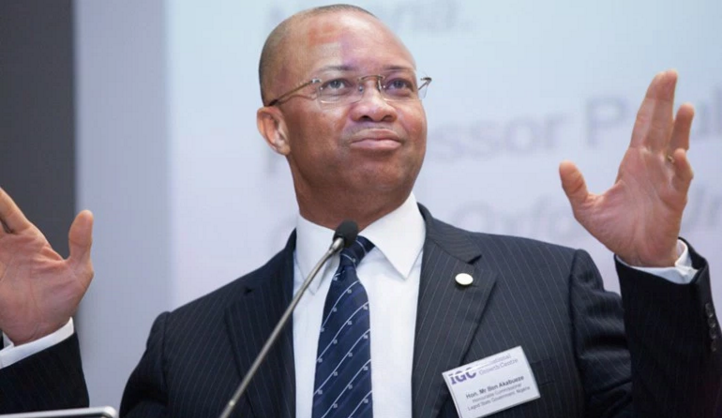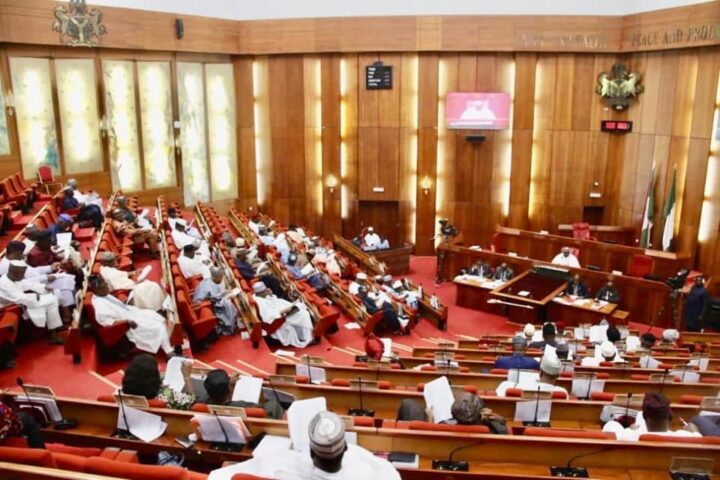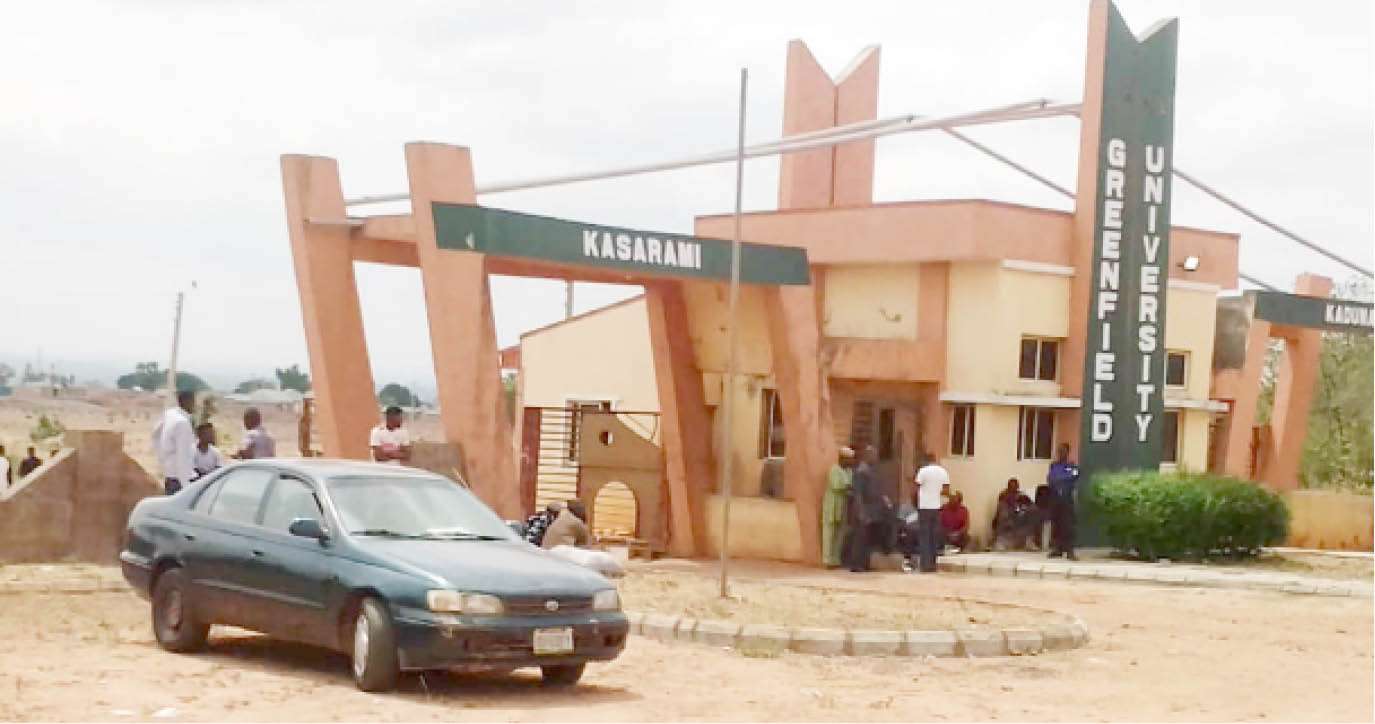Ben Akabueze, director-general of the budget office of the federation, says Nigeria’s high recurrent expenditure has constrained investment in capital projects meant to improve the standard of living.
In December, President Muhammadu Buhari signed the 2021 appropriation bill of N13.588 trillion into law.
The bill tagged “budget of economic recovery and resilience” was signed more than a week after federal lawmakers raised its total sum by N508 billion.
With the increase of the total budget size, N4.125 trillion will be allocated for capital expenditure, N3.324 trillion was earmarked for debt service, while the sum of N5.641 trillion was voted for recurrent (non-debt expenditure).
Advertisement
Speaking during a virtual presentation on Tuesday, Akabueze said Nigeria’s current spending structure is unsustainable.
He said low revenue collection and high recurrent costs have resulted in actual capital expenditure below N2 trillion ($4.88 billion) a year for a decade.
Akabueze said recurrent spending, allocated towards salaries and running costs, has accounted for more than 75 percent of the public budget every year since 2011.
Advertisement
“Hence, the investments required to bridge the infrastructure gap are way beyond the means available to the government,” he said.
“Huge recurrent expenditure has constrained the provision of good roads, steady power supply, health care services, quality education and quality shelter.”
Akabueze called for a return to regional government, saying the constitution should be amended to create six regions to replace the existing 36 states.
He added that there is a need for the reduction of ministers to a maximum of 24 while federal ministries should be reduced to less than 20.
Advertisement
“No country can develop where a large part of its earnings is spent on administrative structures rather than on capital investment,” he added.






